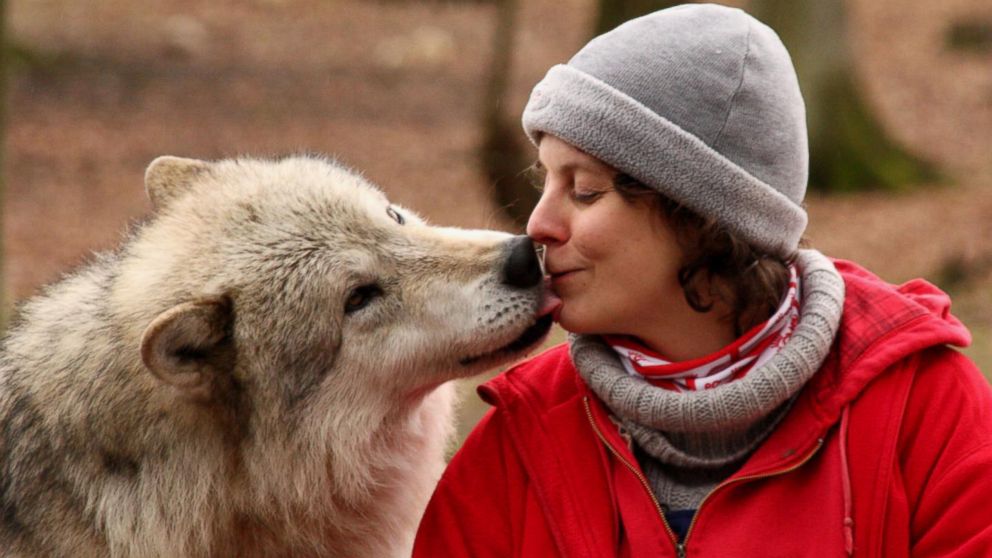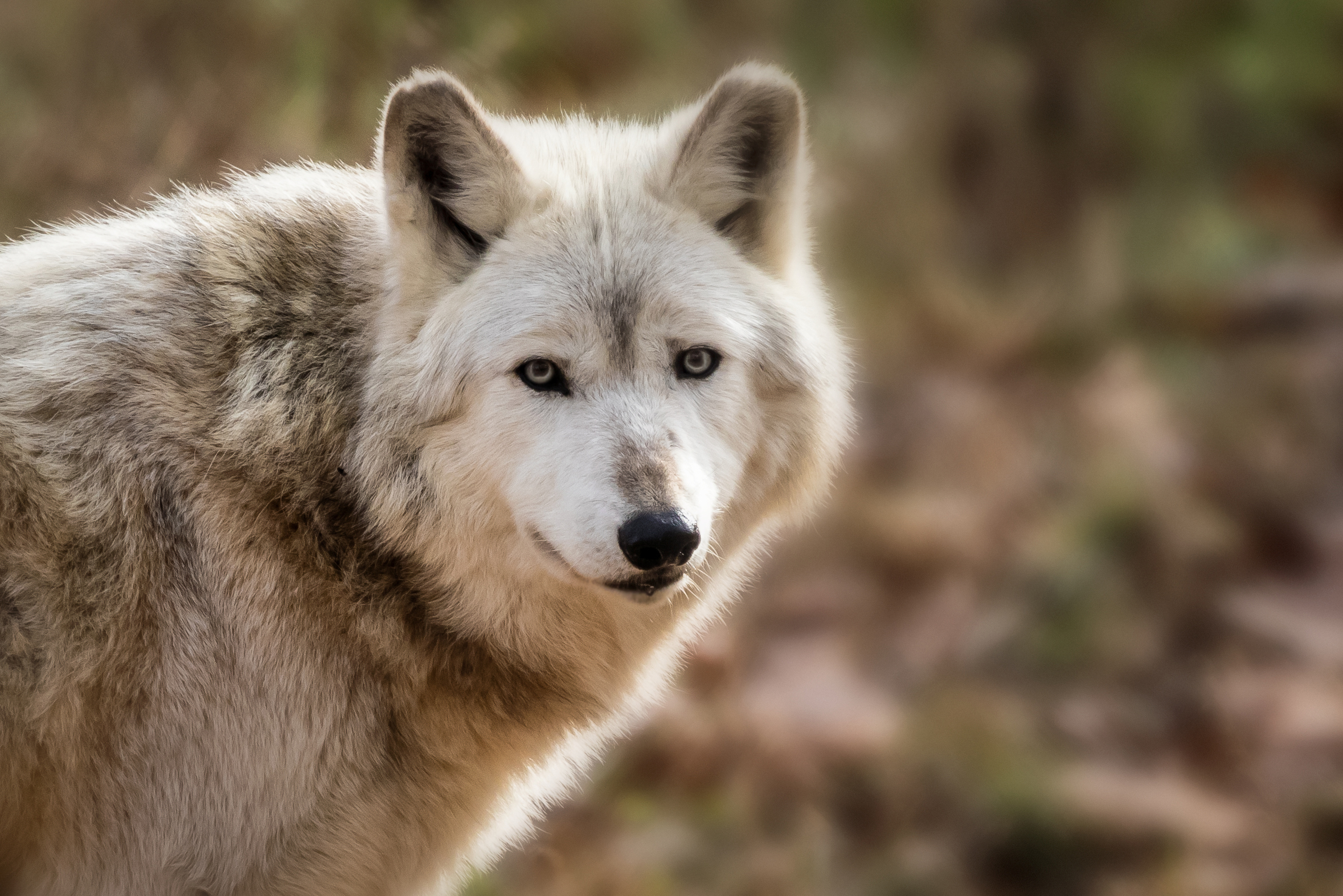Why Wolves Became Dogs
Scientists find wolves have right skills to work with humans.

— -- There's a good reason why wolves became human companions long before domestic breeding turned them into everything from Great Danes to poodles, scientists in Vienna say.
They wanted to be our friends because underneath that furry hide they were a lot like us.
For several years, researchers at Vienna's University of Veterinary Medicine have been studying wolves that have been raised in captivity just like domesticated dogs, to see how they differ from the canine pets that are in so many of our homes. They have even established the Clever Dog Lab and the Wolf Science Center.
In a study published in the journal Frontiers in Psychology, researchers Friederike Range and Zsofia Viranyi offer their "Canine Cooperation Hypothesis."
According to the hypothesis, ancient wolves already possessed at least three social skills that made them suitable for human companionship: They were tolerant, attentive and cooperative.
Just like dogs.
And they were very social, running in packs, just like humans.
In the latest in a series of experiments, the researchers found that wolves can learn if a human has food, where it is stashed, and even if the human is just fooling.
If the human hid it behind a shed, the wolf went right to it, apparently because it had observed the human's actions. Dogs that participated in the same experiment were more likely to sniff their way to the food, not relying as much on their powers of observation.

Wolves also proved to be highly attentive, even to the point of figuring out what the researcher was going to do next just by observing her head movements and where she was looking.
And not surprisingly, the wolves liked to cooperate with the researchers, which made them ideal hunting partners sometime between 15,000 and 34,000 years ago.
Eleven North American grey wolves and 14 young dogs, all raised in similar circumstances, took part in the experiments. These were not wild wolves, so some would question whether their performance was based on genetics or learning from their feeders.
Asked about that in an email, Range said, "Of course the attentiveness towards humans can be a learned response towards the human activity or rather they can probably concentrate on humans because they are not afraid of them."
In that case it may be that social tolerance -- a key trait shared by both wolves and dogs -- helped the wolves learn from their human friends.
The study was based mainly on animal-to-animal interaction, and in a number of cases the wolves outperformed the dogs by being more attentive to humans, "one skill that has been suggested to be a precondition of successful cooperation," the study notes.
Many other studies suggest that wolves were domesticated because they were useful to our ancestors, first as hunting partners and later as workers around the farm.
Beyond that, not a whole lot is known about how this all came about. Experts can't even agree on where the first dogs originated.
Four years ago, an international team of scientists led by evolutionary biologist Robert Wayne of the University of California, Los Angeles, published a study in the prestigious journal Nature claiming that genetic data showed that dogs originated in the Middle East.
A year later Swedish scientists claimed they had "proof" that the wolf ancestors of today's domesticated dogs could be traced to East Asia.



